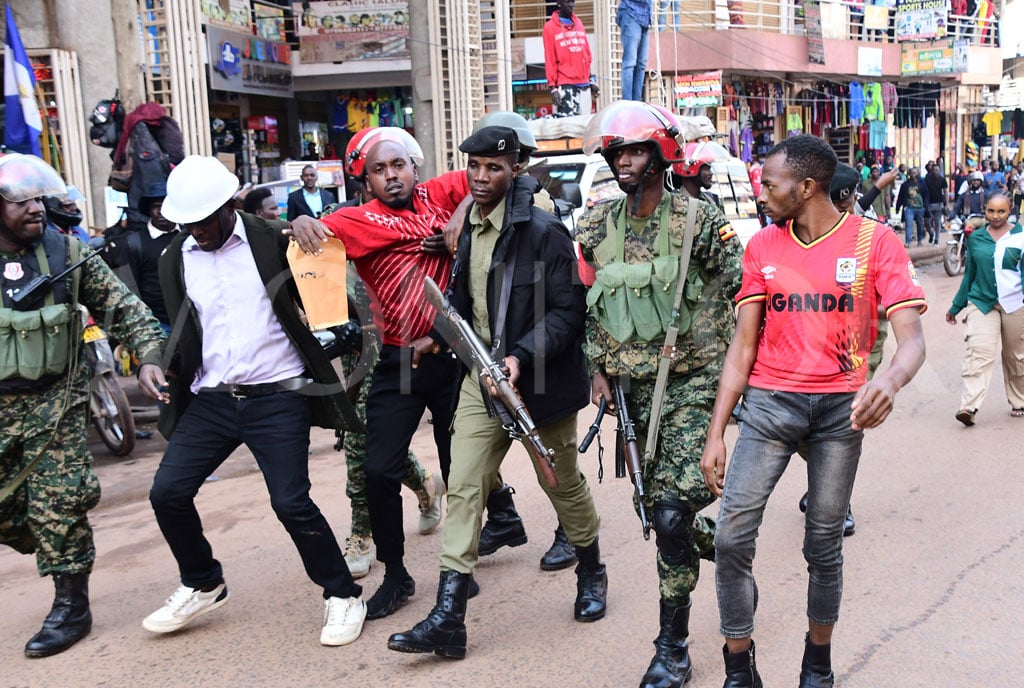Prime
Africa’s leaders overstay because we allow them

What you need to know:
One of the speakers from the audience said Africa’s problem is no longer leaders who overstay in power, but us who do nothing about it.
At 9pm on July 13, I hosted X Spaces, on: The Kenyan youth protest: Can it be replicated in other African countries?
One of the speakers from the audience said Africa’s problem is no longer leaders who overstay in power, but us who do nothing about it.
This statement inspired me to write this piece by reflecting on what African leaders have become, especially following Mr Museveni’s inauguration speech of 1986, when he said Africa’s problem, and Uganda in particular, is the leaders who overstay in power.
Wow, 38 years down the road, we are still seeing the same African leader occupying office, implying that he has consumed the other three generations of presidents. But it seems he is not yet satisfied.
Reports indicate that the National Resistance Movement ’s secretary general, Mr Richard Todwong, has urged this African leader to run for the presidency in 2026. Does this mean citizens are not concerned with how they are governed?
What happened to the African leader who requested 10 years in 1986 so that he could lead the transition to civilian administration?
While his presidency was due in 2006 as per Article 105 (term limits), in 2005, this African leader reportedly bribed lawmakers with Shs5 million to amend the Constitution and remove the presidential term limits. And citizens did nothing about this and yet, Mr Museveni can seek re-election indefinitely.
In 2017, the MPs were reportedly bribed with more than Shs29 million each to amend the Constitution to grant the African leader a lifetime presidency, and this was the last hope of a democratic transfer of power from one president to another, something Uganda has never experienced.
The citizens did nothing, yet the Constitution empowers us to protect it, as stipulated in Article 3.
Since 2021, Uganda has experienced unprecedented corruption scandals, but citizens are doing little or nothing to fight corruption. Yet again, the Constitution, under Article 17(1)(i), gives citizens the duty to combat corruption.
However, those Ugandans who are trying to execute that duty are being intimidated by the police and the African leader.
It is based on such a background that I pose the question: After 40 years, what else can the African leader tell Ugandans about the current poor state of roads, hospitals, and schools, rampant corruption, poverty and youth unemployment?
Fellow citizens, we should speak out or we will continue living in the current situation, where the economy grows at 6 percent but, on the ground, many die of hunger.
In February, the International Monetary Fund said Uganda’s public debt had risen to unprecedented levels, reaching shillings Shs96.1 trillion ($25.3 billion) by end of June 2023, indicating that each of the 45 million Ugandans is now indebted to the tune of Shs2.5 million. Can’t you ask yourself, how did we get there? We have accumulated such debt as a country, yet we have no new schools, roads, or hospitals, and youth unemployment is at its apex.
Richard Mbayo is a revolutionist, pan-africanist, and the host of Unsolved Politics with RM.
X handle: @RichardMbayo




